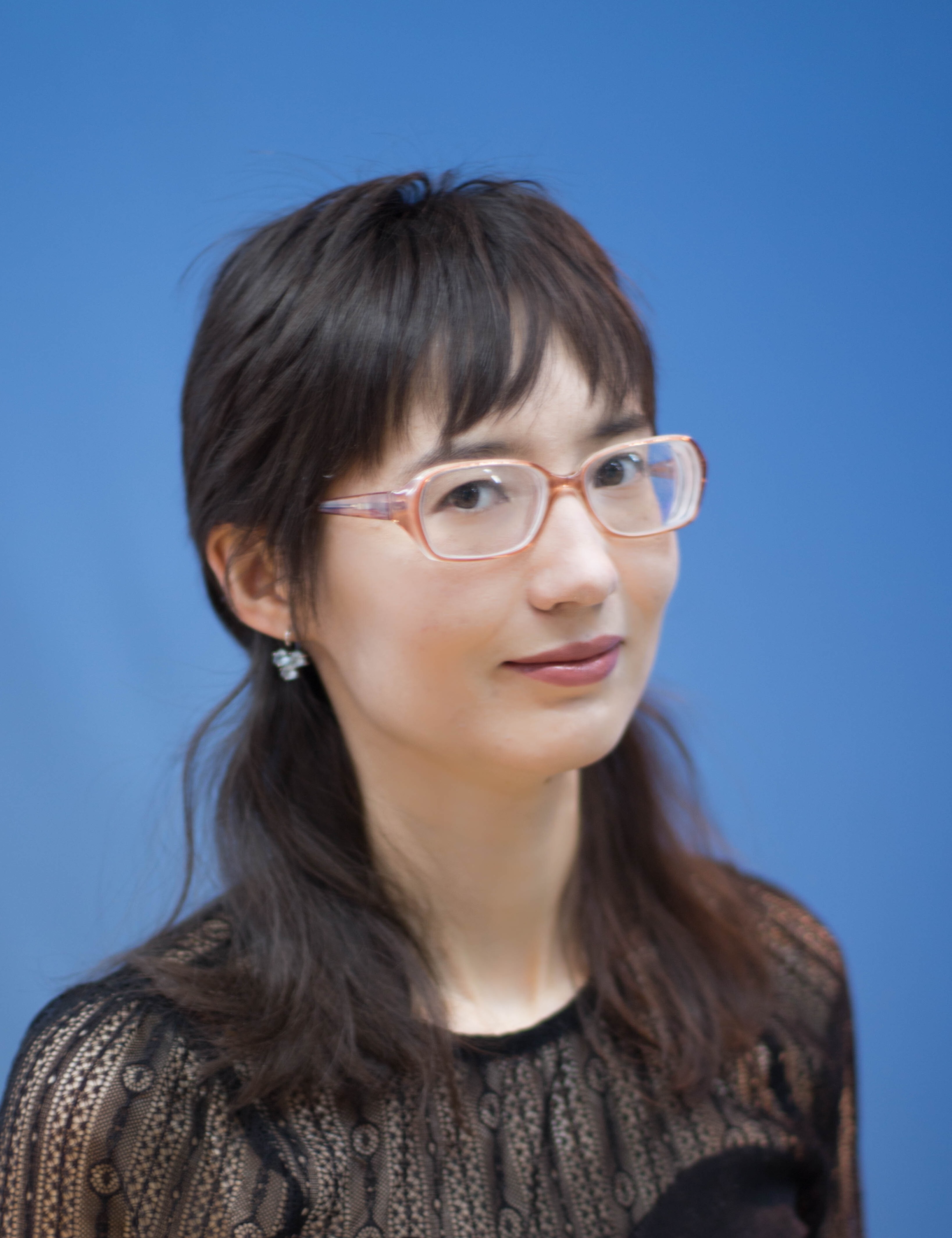The paper presents the results of a transdisciplinary study of the state of failure or lack of grace (kot) transmissible to the environment. In contrast to existing ethnographic and folkloristic studies explaining the contents of beliefs about kot or describing the rite of its return, the author investigates the relevant parameters of the state of its absence, “koto yuk”, from a traditional medicine viewpoint. To analyze the ways of experiencing negative emotions, called misfortune or lack of grace (koto yuk) and the channels of its dissemination, the author applies the contagion concept combined with the phenomenological approach of B. Waldenfels, developed by B. Leistle. The results show that a person without grace (kotthoz) experiences the invasion and presence of the Other that violates the usual order and destructs the lifeworld. Interaction with the Other, affecting a person without kot either socially or psychologically, is an inevitable and non-trivial task. It forces human to conceptualize “koto yuk” simultaneously as the moral consequences of misconduct, non-compliance with customs, and psychological trauma, as well as to take appropriate actions, referring to religion, medicine, and rites aimed at regaining of kot. The study shows that koto yuk is not a situational but a permanent state. First, it transforms social space around its carrier by contaminating social environments, where immediate surroundings seek to separate themselves from negative influence of koto yuk and avoid undesirable psychological infection. It also causes changes in the inner life of koto yuk carrier, who is aware of the risk to become “nought” due to the defectiveness of their own situation.
Key words: kot, contagion, misfortune, Other, nought, presence, lifeworld, contamination, bagymsy
DOI: 10.22250/20728662_2023_4_91
About the author
 |
Miliausha F. Sirazetdinova – Candidate of Science (Philosophy), Leading Specialist at Bashkir People History scientific and educational center, Senior Researcher at Scientific Research and Development Department, Ufa University of Science and Technology; 32 Z. Validi str., Ufa, 450076, Russia; This email address is being protected from spambots. You need JavaScript enabled to view it. |






